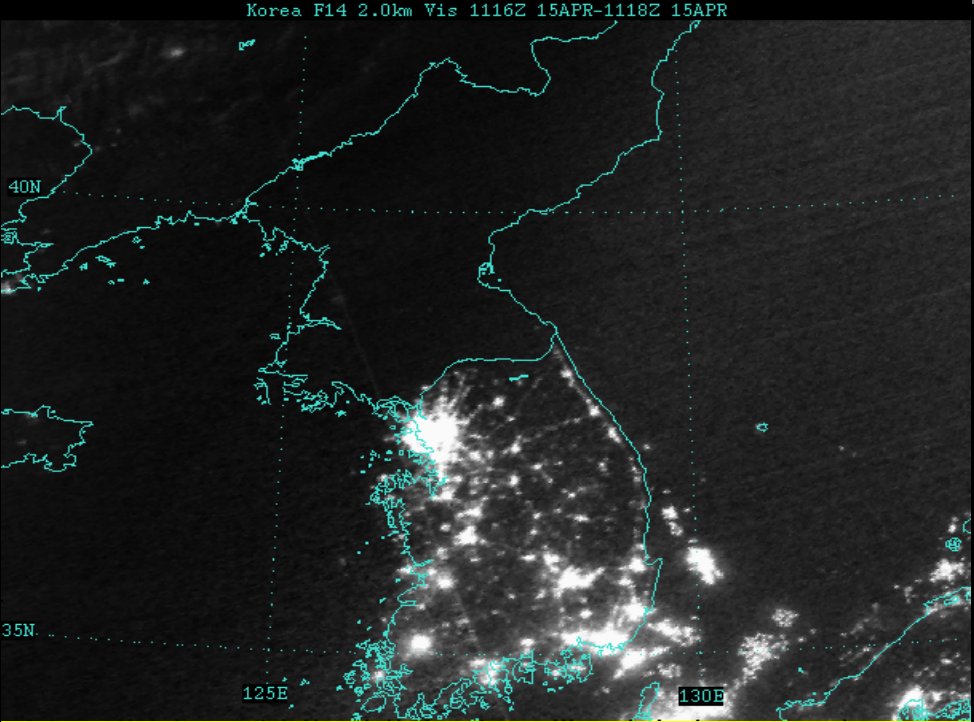It’s happening again.
When I was in South Korea, a statistic came out that in 2000, South Koreans threw away more food than North Korea ate. This was perhaps a sign of profligacy on the South’s part, but it was also a sign that the North was starving.
Now, after a couple of years of relative plenty, meaning bare subsistance for many, North Korea is again slipping into famine. To see what this means in human terms, click here, here and here. (Warning: the images are deeply disturbing.)
The return of famine is sure to be a subject of discussion in renewed talks with South Korea — talks that mark the first meaningful progress with North Korea since the last round of the Six-Party Talks broke off last June. And it highlights the sickening evil of the North Korean regime, which cannot find the means to feed its people but nevertheless goes on spending precious resources and political capital on nuclear weapons.
It reminds me of a cartoon I saw after India tested its nukes: it showed a giant missile being pulled by a donkey cart. But while some 450 million Indians were said to be malnourished at the time, India at least has not had a major famine since independence. And its nuclear program was a major plank in the platform of a democratically elected government. Even so, India’s fear mongering and its gigantic waste of resources on nuclear weapons and on soldiers to defend Kashmir are deeply shameful.
How much more so, then, for North Korea, which seems intent on defending its people to the death.



 More on the subject of
More on the subject of 